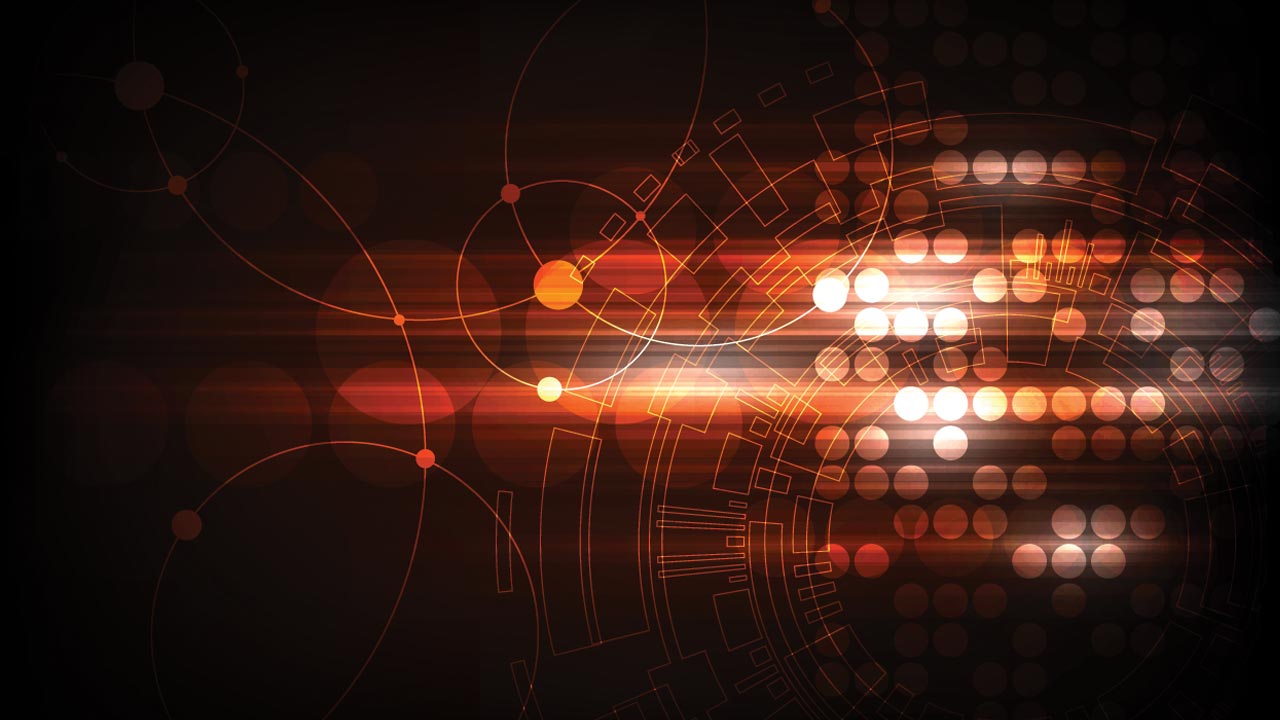The 2009 Austin Technical Program has something for everyone — from the novice EMC engineer to the advanced practitioner. There are four components to the Technical Program; the regular sessions of technical papers, a series of Special Sessions and invited papers, an array of Workshops and Tutorials, and the Hardware Experiment Demonstrations and Computer Modeling & Simulation Demonstrations.Nearly 200 technical papers were submitted to the IEEE EMC 2009 Technical Committee (TC) for the Technical Paper Sessions on Tuesday, Wednesday, and Thursday. Each paper was reviewed by at least three reviewers whose technical expertise best fit each paper’s topic, ensuring only top-notch quality. Approximately 160 technical papers were selected for presentation and have been organized into regular topical sessions ranging from the ever popular EMC Measurements and EMI Control, to the newest technical area for the EMC Society, Nanotechnology.In addition to these Regular Sessions, a series of Special Sessions and invited papers will be included on Tuesday, Wednesday, and Thursday. These papers were peer reviewed in the same manner as those that fell under the general call for papers. Over 30 Special Session papers have been accepted for presentation. The Special Session organizers have selected individuals who are key technical experts and leaders in their fields. These Special Sessions tend to be more of a tutorial nature covering all the basics or updates of that area. These sessions are:
- Automotive EMC
- EMC in Asia
- High-Power UWB Interaction with Electronic Systems
- Multi-Gbps Interconnect Simulation and Measurement for Signal Integrity and EMI
- Spectrum Management: Evolving Trends
- Modeling/Simulation Validation Standards and Applying the FSV Technique to Quantify Validation Quality
Twenty workshops and tutorials will be offered on Monday and Friday of the symposium week. Two of the tutorials will be full day: Fundamentals of EMC and Practical Radiated Measurements using Antennas and Field Probes—Fundamental and Advanced Topics. The rest will be half-day sessions, covering such topics as:
- EMC Measurements
- Reverberation Chambers
- Real-World Modeling & EMI Modeling Techniques
- Signal Integrity
- Military and Commercial Standards
- Measuring above 1 GHz
- EM Environment
- High Power IEMI Threats
- Medical Devices
- Hybrid Vehicles
- Leadership Skills
Back for a third year is the highly successful Global EMC University, with a renowned faculty of EMC experts from all over the world. This multi-session, 20-hour course has been designed for individuals who have a background in EMC or who have attended the Fundamentals of EMC Tutorial in previous years. The Global EMC University will be run in parallel with the traditional technical sessions, Monday through Thursday, at the symposium.In addition, the popular series of live Demonstrations, with both Hardware Experiments and Computer Modeling & Simulations, will be presented to reinforce the concepts of EMC with hands-on activity. These will take place in the Exhibit Hall from Tuesday morning through Thursday noon. The EMC Symposium gives you the opportunity to get close to all the new technology and techniques in your field. More information on this and the rest of the technical program can be found in the following pages and on the conference website.No matter what your level of experience, the 2009 IEEE International Symposium on EMC in Austin offers an unmatched opportunity to expand your EMC knowledge. Bruce Archambeault, IBM, North Carolina
Bruce Archambeault, IBM, North Carolina Robert Flake, University of Texas at AustinTechnical Program Co-chairs2009 SymposiumIncludes …
Robert Flake, University of Texas at AustinTechnical Program Co-chairs2009 SymposiumIncludes …
- Regular Sessions —Technical Papers
- Special Sessions — Invited Papers
- Workshops
- Tutorials
- Global EMC University
- iNARTE Workshop
- Live Demonstrations
- Hardware Experiments
- Computer Modeling & Simulations
And More…
- Companion Tours
- Youth Program
- Welcome Reception
- Gala Banquet
- Awards Luncheon
